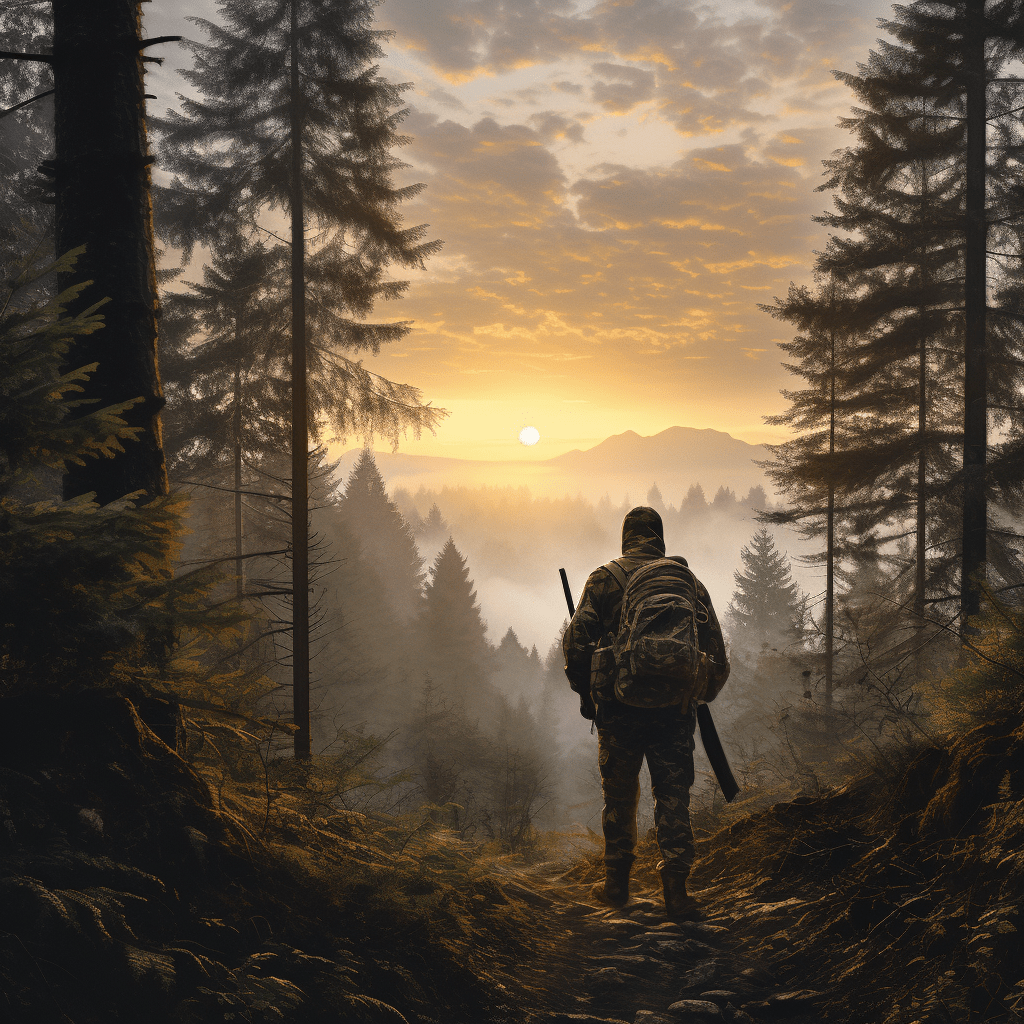Hunting has been an essential skill for human survival for thousands of years. While its necessity has faded for most, the passion for the hunt remains alive and well. Whether you’re an experienced outdoorsman or a beginner eager to explore the wilderness, having the right knowledge and preparation is crucial for a successful and ethical hunting experience. In this detailed guide, we will cover everything you need to know to enhance your hunting skills and make your next trip into the wild both rewarding and responsible.
Understanding the Basics of Hunting
Before stepping into the wilderness with your gear, it’s essential to understand the basics of hunting. Hunting involves pursuing and harvesting wild animals for food, sport, or population control. It demands not only physical endurance but also patience, respect for nature, and adherence to legal and ethical guidelines.
Hunting can be categorized into different types, including small game hunting (rabbits, squirrels), big game hunting (deer, elk, boar), and bird hunting (ducks, pheasants). Each requires specific techniques, equipment, and preparation.
Choosing the Right Gear
The right equipment can make a significant difference in your hunting success. Your choice of gear largely depends on the type of game you’re pursuing. Here’s a quick rundown of essential hunting equipment:
- Firearms or Bows: For big game, rifles or shotguns are common, while archery enthusiasts opt for compound or recurve bows.
- Ammunition or Arrows: Ensure you’re using the correct caliber or arrow type for the animal you’re hunting.
- Clothing: Camouflage or neutral-colored clothing helps you blend into the surroundings. Weather-appropriate clothing is vital to stay comfortable.
- Hunting Boots: Durable, waterproof boots offer protection and comfort during long treks.
- Safety Gear: Orange vests, hats, and other high-visibility items are often required by law to ensure safety among hunters.
Additionally, always carry essentials like a knife, binoculars, a first-aid kit, and a reliable GPS or compass.
Scouting and Preparation
Successful hunting starts long before you set foot in the field. Scouting your hunting area is vital to understanding animal behavior, feeding patterns, and movement routes. Trail cameras, maps, and on-foot observation can all aid in locating ideal spots.
It’s equally important to be familiar with local hunting regulations. These include licensing requirements, hunting seasons, bag limits, and rules about specific game species. Ignorance of the law is not an excuse and can result in hefty fines or the loss of hunting privileges.
Ethics and Conservation
Modern hunting is not just about harvesting game—it’s also about contributing to wildlife conservation. Ethical hunters respect the animals, habitats, and the laws that govern hunting. This includes:
- Taking only legal game species.
- Making clean, humane shots to minimize suffering.
- Respecting private property and other hunters.
- Leaving no trace—cleaning up after yourself to protect the environment.
Responsible hunting supports conservation efforts by funding wildlife management programs through license fees and taxes on hunting equipment.
Finding the Best Resources for Hunters
If you’re new to hunting or looking to improve your skills, having access to reliable resources is invaluable. From understanding state regulations to locating prime hunting spots, an expert Hunting guide can significantly enhance your hunting experience. These guides provide detailed information on different hunting areas, seasonal updates, gear recommendations, and practical tips for all skill levels. With accurate, up-to-date information, you can plan your hunting trips with confidence and improve your chances of success.
Final Thoughts
Hunting is more than a hobby—it’s a connection to nature, a test of skill, and a way to contribute to conservation. Whether you’re heading out for your first hunt or refining your techniques as a seasoned hunter, preparation, knowledge, and respect for the environment are your greatest allies. With the right gear, a thorough understanding of your target species, and access to reliable resources, every trip into the wild can be an unforgettable adventure.






















Leave a Reply